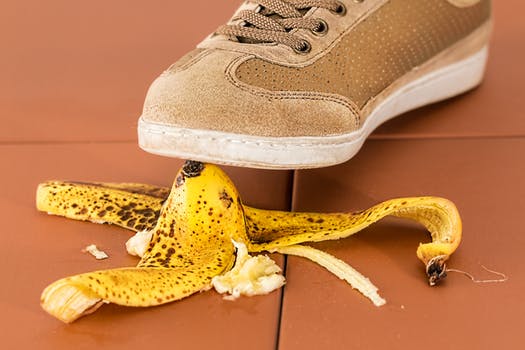The Dunning-Kruger Effect: Are You Under its Spell?

When it
comes to brain biases, one that gets an awful lot of play is the
Dunning-Kruger Effect. It's a phenomenon demonstrated by many studies, but
it all started with, you guessed it, Dunning and Kruger.
The pair surveyed undergrad college students who had just taken a test, asking each
student to predict his or her score. Then they
compared each student's guess against the results.
The students who did really well on the test had slightly downgraded predictions. The students who did poorly, on the other hand, had overestimated their scores by an average of 30%.
The students who did really well on the test had slightly downgraded predictions. The students who did poorly, on the other hand, had overestimated their scores by an average of 30%.
In
Daniel R. Hawes' article "When Ignorance Begets Confidence: The
Dunning-Kruger Effect", he shares the same general conclusion from another study:
"Participants
who took tests in their ability to think logically, to write grammatically, and
to spot funny jokes tended to overestimate their percentile ranking relative to
their peers by some 40 to 50 points, thinking they were outperforming a
majority of their peers when, in fact, they are the ones being
outperformed."
Put more
frankly, people with limited knowledge have the potential to make total fools of
themselves, without ever realizing how ridiculous they seem
to everyone else. The problem of course, is you don't know what you don't know, so unless someone breaks through the wall of that person's
cognitive dissonance, it can perpetuate itself forever.
So here
is an interesting question, and one that might be slightly uncomfortable. What if you are the poster child for the
Dunning-Kruger Effect? What if you're the one they're chatting about around the
water cooler? To that end, I share the following four warning signs for D-KE.
•
Any
conversation that begins with your coworkers saying, in voices choked with withheld laughter, "Tell us that story
again." As in, "Tell us again how you explained to the exterminator
that insects developed wings not so much through an evolutionary process but
because they just didn't know they couldn't or shouldn't be able to fly."
•
When
you approach the water cooler and the eye rolls move from person to person
like the wave at a football game, and then they all break into a
smile.
•
You
believe that simply observing someone do something qualifies you as an expert,
as in, "I've seen Mick Jaeger twelve times, how hard would it be
to strut around on stage like that– provided I had access to his
wardrobe."
•
Any
time your sentence contains the following words: "It's not rocket science..."
This one is actually a double whammy, because the Dunning-Kruger Effect is in
play when you believe you understand rocket science enough to make a
generalized statement, and likewise assume you are an expert in what you're
comparing rocket science to.
Important
note: the above list is by no means a complete catalog of being under the
influence of the Dunning-Kruger Effect, but it's a start.
It's also
important to understand that D-KE is not the same as self-delusion. Self-delusion happens when you are in some way a willful party to the charade. But as a participant in the Dunning-Kruger Effect,
you are completely oblivious to your behavior—which means
without outside intervention, the behavior could continue indefinitely.
We all
know people like this. They are both fascinating, and infuriating. And
although it is unlikely that you or I will have any effect on the way they
operate, there is something satisfying about at least having a name for their
ilk.
Now if
you'll excuse me, I'm off to watch another video on a note-for-note breakdown
of essential Jimi Hendrix guitar licks. Because there are two things I know to
be true: practice makes perfect, and if I only had his guitar, I'd give old Jimi a run for his money.
Check out Robb’s new book and more
content at www.bestmindframe.com.




Comments
Post a Comment